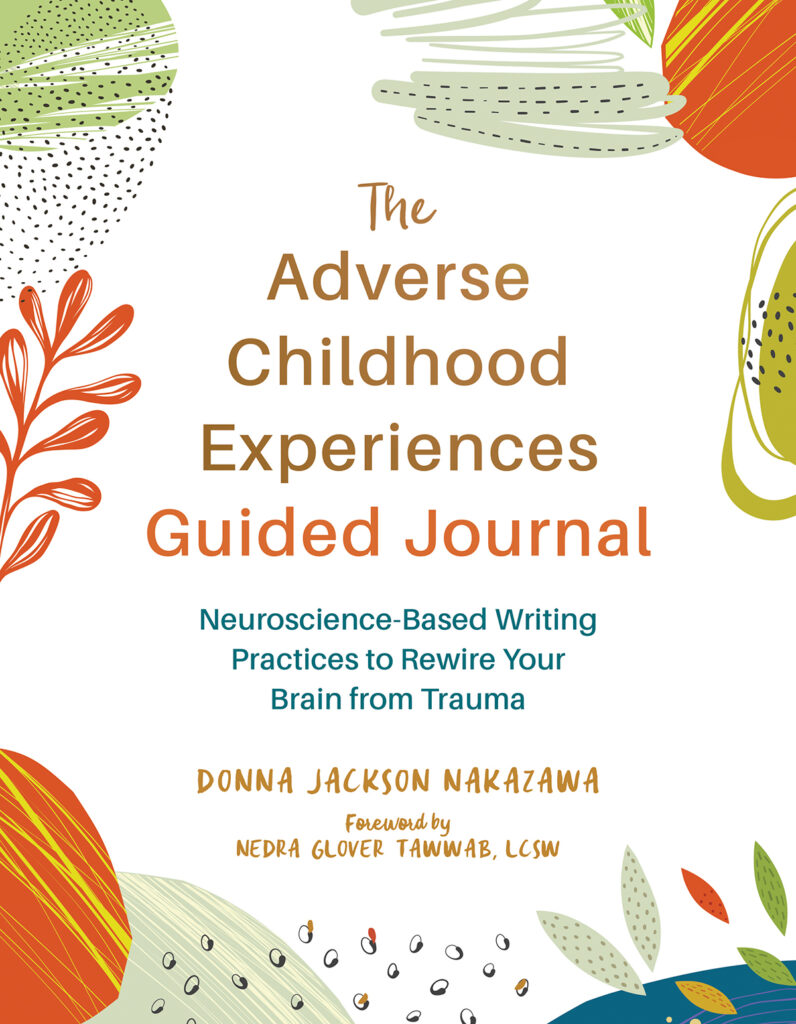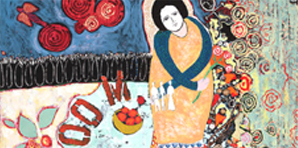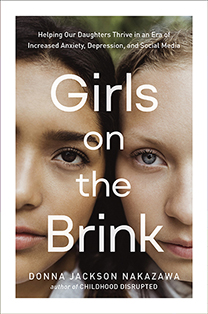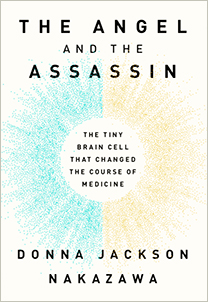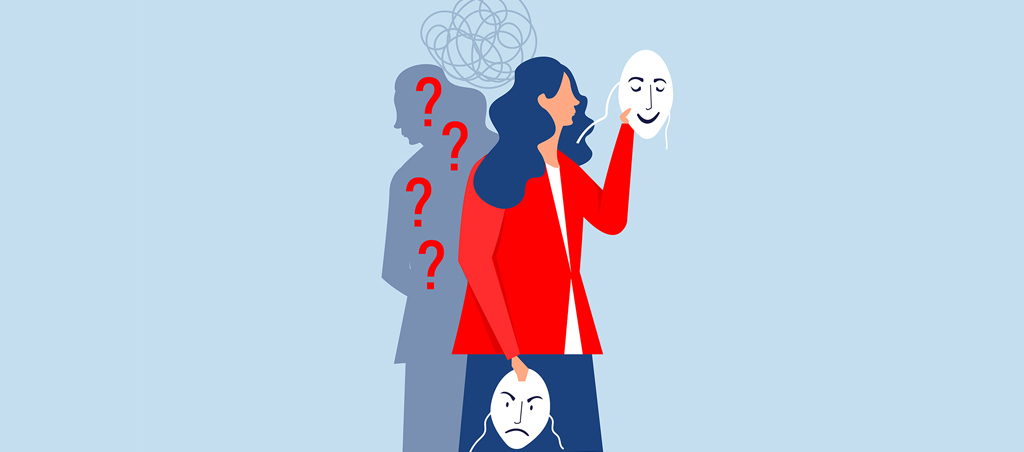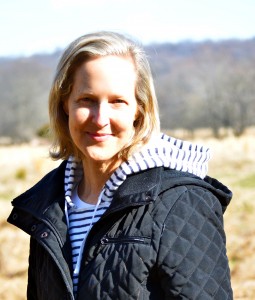
Today I came across a “Thought Challenge” from meditation teacher and writer Jack Kornfield, whose work I so admire. Kornfield talks about separating ourselves from our tightly gripped sense of our “self,” and seeing what happens.
Selflessness, Kornfield teaches, is not about seeing “how selfless I am.” It’s about stepping away from identifying everything as “me” or “mine.” Selflessness, he writes, “does not reject our experience in any way. We don’t get rid of anything. The experiences are the same…. All that’s changed is that we have stopped identifying with them….When identification with the small sense of self drops away, what remains is the spacious heart that is connected with all things. The Wise Heart.”
I am always in search of my Wiser Heart. So I was drawn to Kornfield’s suggestion to try this practice — to notice what happens when we stop identifying so tightly with our sense of self and me-ness. Here is his challenge: “Try today to study the sense of self. At regular intervals, pause to check in and notice how strong the sense of self is. At what times of day, in what roles or situations is it strongest? How does your body feel then? How do others respond to this? What might happen in the same situation without a strong identification with the self?”
So I did try it. I wanted to challenge myself to note in what situations (and, for me, with which people) my sense of self looms strongest. And the exercise proved so profound I felt I had to write about it here, and share what I found.
Trying this exercise helped me to have a difficult conversation with a person I often find to be trying in my life — and to handle that interaction with a wisdom and grace I had been unable to find within … until I tried Kornfield’s exercise.
The person with whom I was interacting has a good heart but also has what I like to call “Oppositional Conversational Disorder.” Have you ever met anyone like that? I’ve found that whatever I say, this person disagrees immediately, often before my whole sentence is out of my mouth. Call it conversing in a Culture of No. For instance, I say, “I was thinking…” and this person says, “Oh no, that’s not how it works…” And if I say, “That made me sad…” this person says, “Oh no, you shouldn’t feel sad.” This person is wedded to “no” and “it isn’t” and “don’t” and “but” and “shouldn’t” and argues so reflexively it’s a habit of mind that has permeated their very nature. But this person is also a good person, a really really good person, just not an easy person to have a meaningful conversation with, because “Oh no” or “Don’t” proceeds every sentence they say.
So I tried it. I tried letting go of my sense of me, my point of view, my being right, my… me-ness. As this person’s Oppositional Conversational Disorder reared its head and they said “Oh no it’s not because of…” I took note of how my jaw tightened. They said, “You didn’t” and my upper palette locked down on my tongue. I heard, “You shouldn’t” and a band tightened around my chest. “Don’t do it that way…” The muscles in my thigh tightened. I took a mindful breath. Look how tightly clenched my chest feels, my legs, my throat.
I replayed Kornfield’s question in my mind. “What might happen in the same situation without a strong identification with the self?”
I reminded my “self” that I am not my thoughts. Indeed, new research tells us that our feelings shift every 90 seconds.
I asked myself, Why am I identifying so closely with my sense of self, with having myself be heard and be right — when I don’t even really know what “self” is? When I know my thoughts shift every 90 seconds?
If I am not my thoughts, if I am not my ever-changing feelings, including this feeling of irritation and frustration and anger that now threatens to overwhelm me, what is my “self?” And why is my “self” reacting so strongly to what another person is saying that seems to be in judgement of “me” if that self is not real?
Gosh, I hope that makes sense.
By interjecting the question, I could step back.
This was such a freeing experience. I began to breathe. My jaw relaxed. The bands around my chest fell off. It felt so freeing. When I stepped back from that strong sense of self that I had been nursing as I heard “don’t” and “shouldn’t” I felt something else. A bubbling up of awareness. I am not my reactivity. My “self” is something much larger, much wiser. For a moment I had to hold back my sense of inner glee, and keep from laughing out loud – not at my conversational partner, who was still talking, but with the freedom I felt within.
I highly recommend trying this. In the midst of your next difficult interaction, especially if it is with someone with Oppositional Conversational Disorder, let go of your tightly held sense of “self” in your conversation. See what happens.
Here’s what happened to me. The person I was talking to stopped. They breathed. My oppositional conversational partner just looked at me after ten more minutes of conversation or so and said, “Oh, okay.” Two words they had never said to me before.
To let that strong ID with self go during that difficult interaction changed its outcome.
I have so much left to learn.
